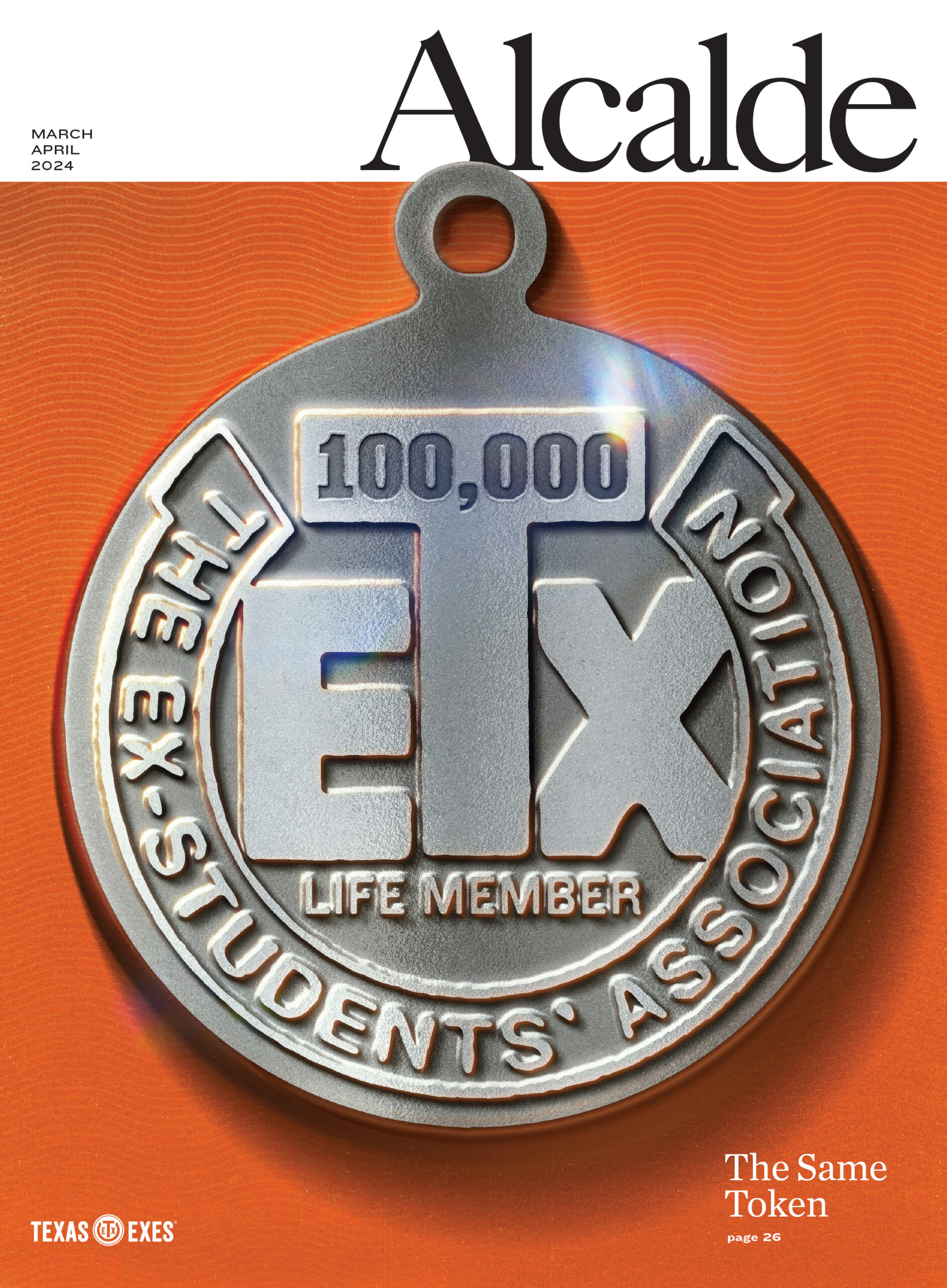Transparency Committee Sets Agenda for Regent Investigation
After nearly an hour and a half in a closed executive session this afternoon, the Texas House select committee on government transparency laid out an ambitious three-month plan for their investigation of UT System regent Wallace Hall. If recent allegations prove true, the investigation could lead the full legislature to consider the impeachment of Hall.
In any case, members of the select committee will spend a considerable amount of time in Austin during the legislative off-season, a time normally dedicated to campaigning, meeting constituents, or attending to legislators’ day jobs.
“It seems like we just can’t leave this place,” joked Rep. Trey Martinez Fischer (D-San Antonio) when the committee emerged from their private session to explain the investigation’s scope and tentative schedule. The committee is expected to meet for two consecutive days each month from October through December.
The committee will attempt to determine whether Hall withheld information from his regent application that might have affected his appointment, as well as whether he mishandled sensitive student records. Hall’s propensity for records requests of UT-Austin has been called burdensome by University officials, and is seen by some as part of what former House budget chair Jim Pitts (R-Waxahachie) called a “witch hunt” to oust UT president Bill Powers.
The committee’s charge, as explained by the committee’s special counsel, Houston lawyer Rusty Hardin, is to determine whether the accusations are true, and if Hall overstepped his role as regent. The committee is also seeking to define the proper role of a regent in Texas.
“What standard is he measured by?’ Hardin asked rhetorically.
Hardin also made clear that all testimony and decisions of the committee would be made in open session, and that Hall’s lawyer would be able to submit affidavits and suggest witnesses.
The attorneys representing Hall, however, had hoped the process would be completely open—with no part conducted in closed-door sessions. Hall’s lead attorney Allan Van Fleet, who sat in the audience as Hardin spoke from the dais alongside committee members, pointed to the 1917 impeachment proceedings for then-Gov. James “Pa” Ferguson, which allowed for Ferguson to cross-examine witnesses and, according to Van Fleet, was done completely publicly. Hardin noted that the 1975 impeachment of Judge O.P. Carrillo did not allow cross-examination, and asserted that the committee’s duty was fact-finding. The House would have to vote to start the impeachment proceedings, at which point the full Senate would conduct a trial. If Hall is impeached, it would be only the third impeachment in Texas history, and the first of a non-elected official. Hardin made it clear that the committee is not charged with determining any kind of criminal guilt.
“This is an investigation,” Hardin said, “not a trial.” He noted that everything submitted by Hall’s legal team would be considered by the committee.
Co-chair Carol Alvarado (D-Houston) reiterated the need for transparency in her opening and closing statements. “Our integrity is on the line,” she told the audience.
The committee is expected to meet next on October 22-23.
Photo courtesy Paul Smith via Flickr Creative Commons.


















No comments
Be the first one to leave a comment.